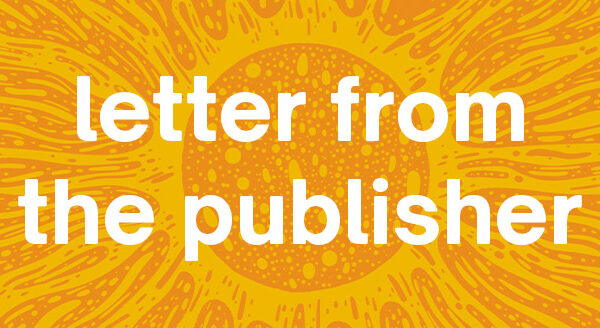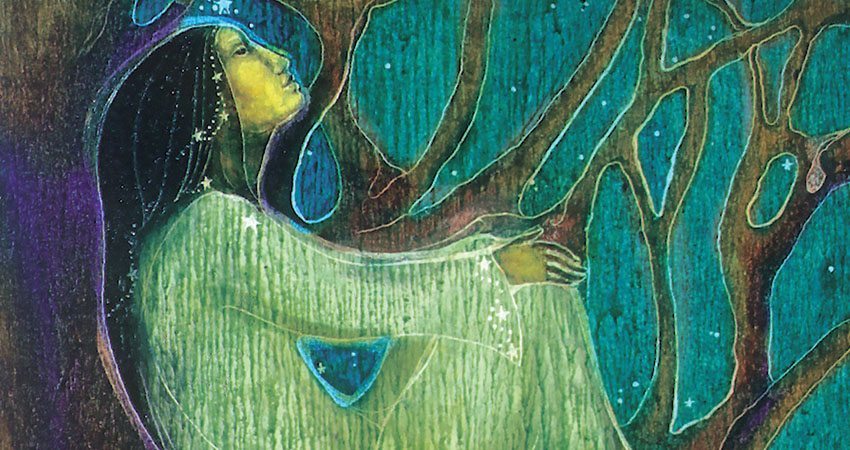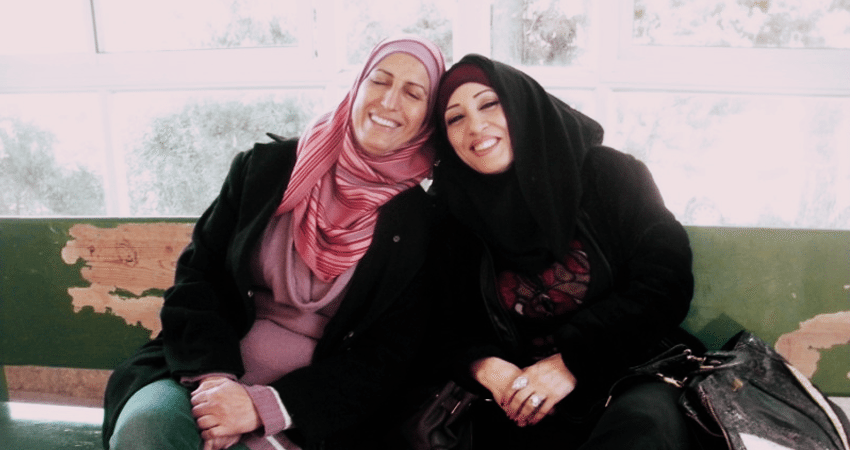
Meeting the Women of Palestine
Categories: Guest Post Psychology & Personal Growth Spirituality & Religion
Invisible and oppressed—that’s our stereotype of Arab women. But here I am, leading a retreat in the West Bank for forty Palestinian women who seem every bit as powerful as any of my Western sisters. Most are Muslim, a few are Christian, and the four of us who have come from the US are Jewish.
Jewish-Arab relationships have long been poisoned by mutual hatred, so it’s understandable that many American Jews make little effort to connect with Arabs when they visit Israel. And yet, in both Israel and Palestine, Arabs invariably welcomed us into their homes with overwhelming courtesy, warmth, and hospitality.
Since 2005, I’ve been going to Israel and leading workshops that united Jewish, Arab, Druze and Bedouin women in a spirit of peace and healing. Yet I was disturbed by the glaring absence of women from the West Bank and Gaza. To enter Israel, they needed permits, and these were difficult if not impossible to come by.
Yet though few women from Gaza or the West Bank could attend my workshops in Israel, there were a few notable exceptions. One of them was Nimala Kharoufeh, a young resident of the West Bank who, due to a unique set of circumstances, was able to exit and enter Palestine at will. Nimala soon fell passionately in love with Circlework and eventually, the generosity of American donors allowed her to attend the week-long Circlework Leadership Training in upstate New York.
One day, near the end of our time together, Nimala sat down across from me, her gentle face quiet and thoughtful.
“I’m sad,” she said, “because my sisters in the West Bank have no opportunity to experience what I experienced this week.”
I too felt saddened by this knowledge. And so, I promised that if Nimala would organize a retreat in her community, I would come and lead it.
Nimala’s enthusiasm was infectious. “I want this so much,” she said. “The women are so hungry for this. And it will be the first healing retreat for Palestinian women in the West Bank.”

“You mean the first ever?” I asked.
Nimala nodded. “Yes, the first ever. Of course there have been peace workshops and discussion groups, but nothing focused on healing, nurturing and empowering women. And they need it so much.”
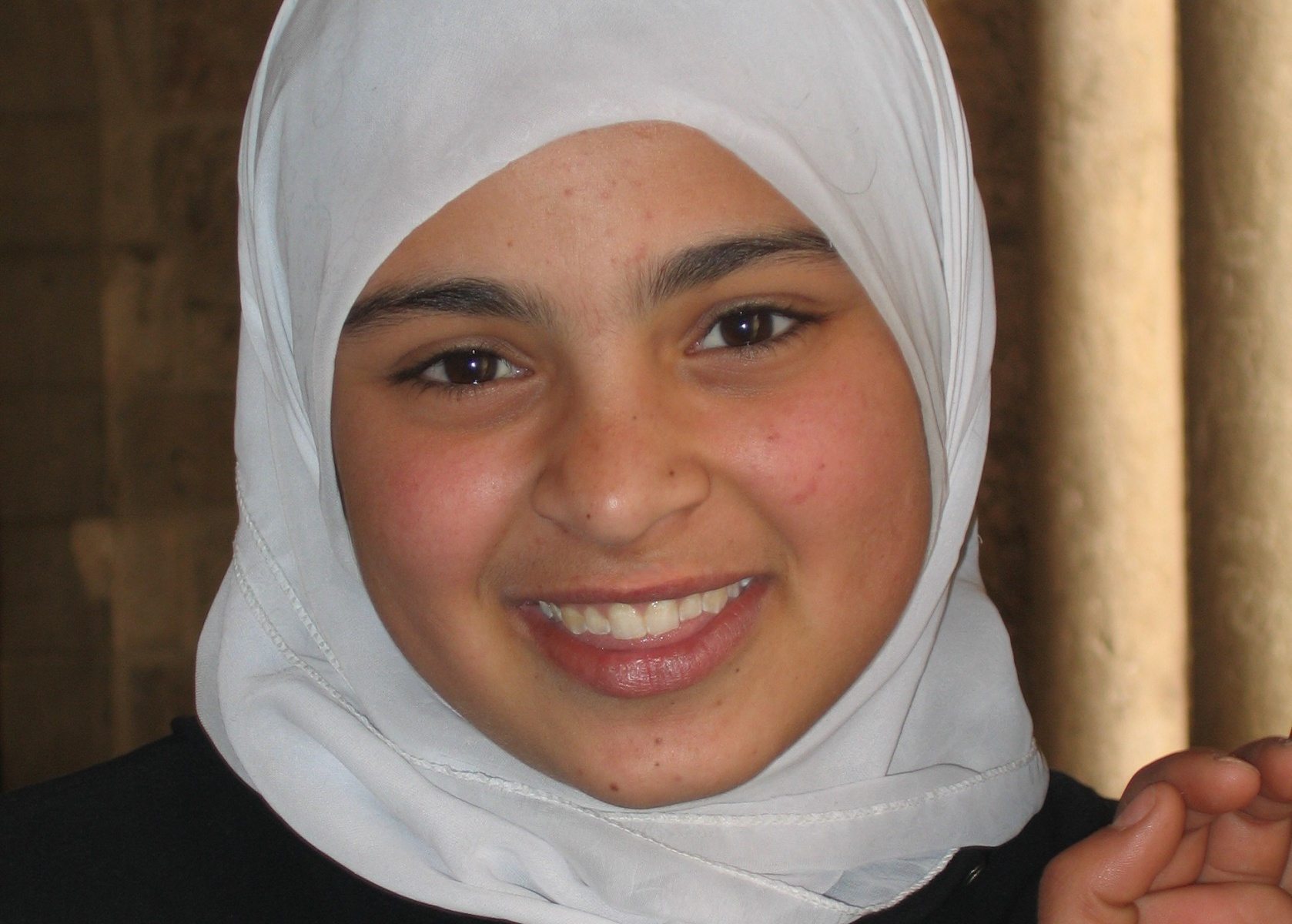 Perhaps…would they come? We weren’t sure. Arab women are typically expected to serve their families and put their own needs on the back burner. To claim even a single evening away from their children, husbands, and in-laws wasn’t easy. How then would they justify the extravagance of dedicating an entire weekend to their personal well-being?
Perhaps…would they come? We weren’t sure. Arab women are typically expected to serve their families and put their own needs on the back burner. To claim even a single evening away from their children, husbands, and in-laws wasn’t easy. How then would they justify the extravagance of dedicating an entire weekend to their personal well-being?
But we were in for a surprise. Within short order, we had more applicants than we could handle, and after planning for twenty women, we finally had to close the doors at 40.
The day of the workshop dawns, and after the short drive from Jerusalem, we arrive at Talitha Kumi, a retreat center near Bethlehem where we’ll spend the weekend. As the women greet me, the first thing that strikes me is the range of their attire. Rania, with her tight jeans, short, spiky black hair and multiple piercings, would surely look at home in any hip New York café. Aisha, on the other hand, arrives shrouded from head to toe in black, with just a small slit through which her dark eyes survey the world.
U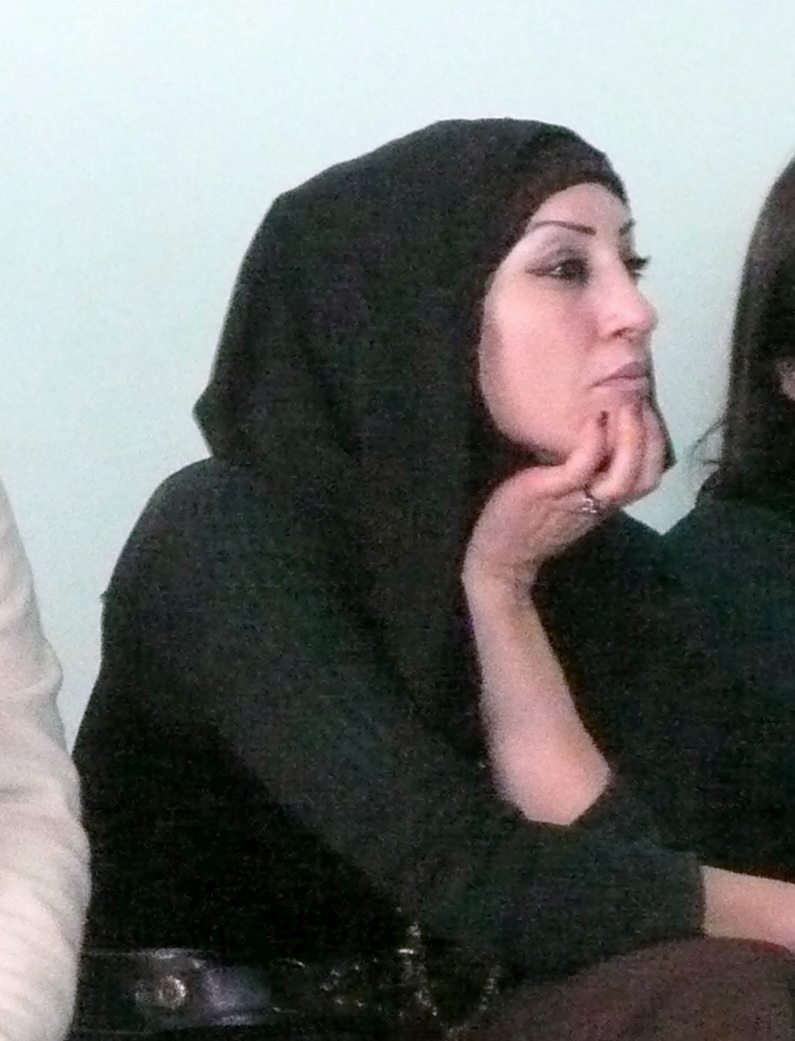 pon entering our meeting space, I briefly wonder how forty women will manage to squeeze into a room that seems barely big enough for twenty. And why is that little group of women covering up the tiny window between our room and the corridor? It takes me a moment to understand: Once that curtain is up, Aisha will finally be able to unveil her face, safe in the knowledge that no casual passer-by will catch a glimpse of her naked face.
pon entering our meeting space, I briefly wonder how forty women will manage to squeeze into a room that seems barely big enough for twenty. And why is that little group of women covering up the tiny window between our room and the corridor? It takes me a moment to understand: Once that curtain is up, Aisha will finally be able to unveil her face, safe in the knowledge that no casual passer-by will catch a glimpse of her naked face.
At first, some of my Western friends feel scared of her. As one of them says, “When I saw that black shroud walk in the door, my gut just clenched with terror.”
But Aisha soon forces us to recognize just how distorted our preconceived views of Arab women really are. To our surprise, we come to know and respect her as a strong, intelligent, highly educated and deeply compassionate woman.
Nobody forces her to dress as she does; it’s her own choice. Deeply religious, she prays five times a day, spreading her little prayer rug in a corner of our coffee room. And yet, there is nothing fanatic or rigid about her. Tolerant and open-minded, she informs us that she’s a Reiki practitioner. And at the end of the weekend, she thanks us with a radiant smile for having connected her with such a wonderful and diverse group of women.
I open the circle by asking each woman to explain the meaning of her name. Names hold power, I tell them. And as they share the beauty of their names—Fragrant Flower, Worthy of Love, Lovely as a Date Palm—they begin to light up with smiles.
From moment to moment, I have no idea how they will react to anything I say or do; everything is an experiment. Cranking up the volume on my little iPod system, I am thrilled to discover that they love to dance. From the oldest grandmother to the youngest girl, they all go wild with joy. Only the most religious stand by, and even they are smiling. Old and young shake their hips with abandon, with nary a trace of inhibition or embarrassment. In some ways, I think to myself, they are less oppressed than we, who struggle so hard to accept and love our female bodies.
Later that night, I decide to go out on a limb with an exercise that will invite them to touch and hold each other. Apart from the fact that most of them have just met for the first time, I have no idea how they feel about physical touch. Are they ready to open to such a deep level of intimacy?
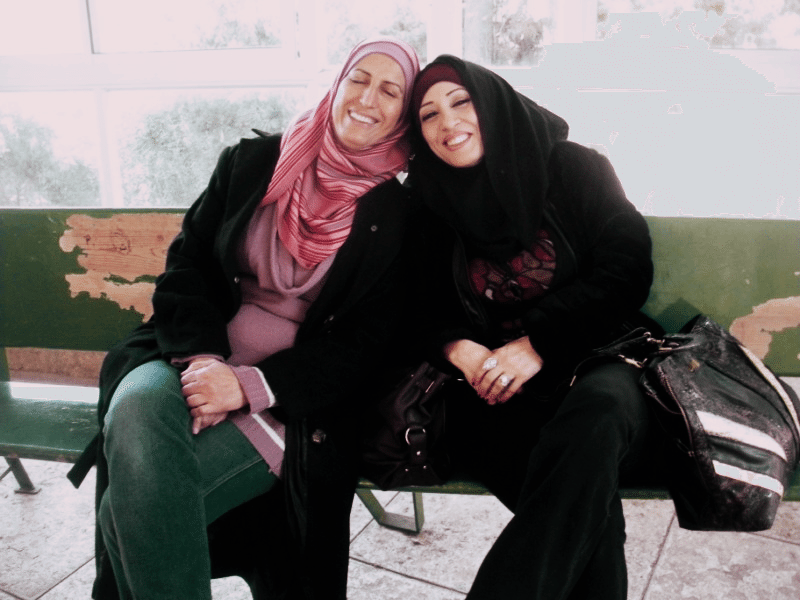 It appears they are. I’m surprised at how quickly the talking and giggling subsides and how quiet the room grows. They’ve paired up now, and are sitting on the floor. One is leaning back against her partner, who in turn is leaning against the wall. It’s a scene I will never forget: Pairs of women, head scarves removed to reveal dark hair. Eyes closed, faces soft and peaceful, as if each had discovered a well of pure sweetness within herself.
It appears they are. I’m surprised at how quickly the talking and giggling subsides and how quiet the room grows. They’ve paired up now, and are sitting on the floor. One is leaning back against her partner, who in turn is leaning against the wall. It’s a scene I will never forget: Pairs of women, head scarves removed to reveal dark hair. Eyes closed, faces soft and peaceful, as if each had discovered a well of pure sweetness within herself.
Speaking softly, I invite them to imagine that the woman they’re holding is their beloved daughter. “Offer her the love that you would want all women in the world to feel,” I say.
“And you, who are being held, give yourself permission to relax completely, and to fully receive this woman’s caring and concern.”
Illumined by the light of candles, tears glisten on long dark eyelashes. Elderly grandmothers are holding young women and vice versa. I feel like we’re on a magic carpet, sailing beyond time and space into a realm of exquisite tenderness.
In retrospect, I realize just how far I was pushing the envelope that night, and am thankful that at the time, I was clueless. Palestinian women are warm and expressive, so I assumed that they were accustomed to physical expressions of affection. Yet the next day they tell me that they rarely hug or touch, and this has been a radically new and profoundly healing experience for them. “When I go home I’m going to hug and hold my daughter,” a beautiful woman called Majida announces with a big smile.
I also learn that they rarely express grief or pain. “We’re supposed to be strong,” they explain. “We’re not supposed to show our feelings.” Yet by the end of our retreat, many are showing their feelings, and feeling better for it.
Nuur is a shy young woman who’s been suffering from chest pain for weeks. “Your heart is fine,” her doctor has assured her. But in truth, Nuur’s heart is not fine at all. Rather, it’s bursting with unshed tears for her father, whose recent death has dealt Nuur’s mother and her five children a devastating blow. After sobbing for the first time since her father’s death, Nuur looks up, wipes her eyes, and exclaims with relief, “Finally! I can breathe again!”
I tell the women that in my view, the empowerment of women is an essential key to peace, not only in the Middle East but around the world. Women have tremendous power, and are increasingly ready to embrace their role as leaders and change-makers. They nod in agreement, and as the circle draws to a close, a young physician says, “For me, the most important thing that happened this weekend is that we realized our worth, and became proud of being women.”
It’s not easy to leave these amazing women who have shared their stories with so much courage and honesty. Majida holds my hand. “Please,” she says, “Come back. We need this.”
“I would love to,” I respond, adding, as they have taught me, “Inshallah—God willing.”
Tags: Jalaja Bonheim


